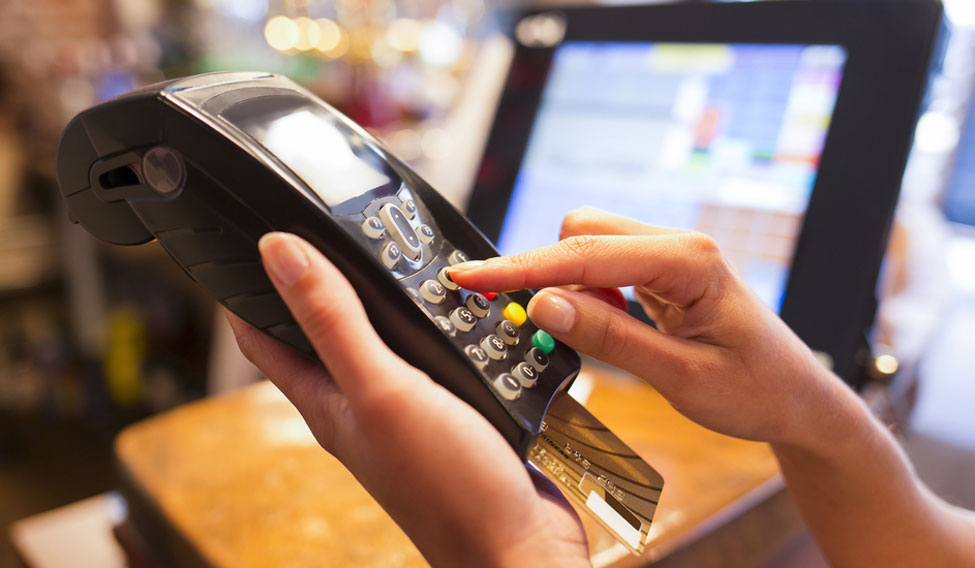Retailers have wholeheartedly welcomed the government's decision to bear the merchant discount rate (MDR) on debit card, BHIM-UPI and Aadhaar-linked transactions up to Rs 2,000 for two years. The Retailers Association of India (RAI) says this will help speed up adoption of digital payments by the small retailers and kirana shops, and thus give a thrust to the government's push for a digital economy.
The Union cabinet on Friday approved that the MDR applicable on all debit cards, BHIM-UPI and Aadhaar-enabled payment system transactions up to and including a value of Rs 2,000 will be borne by the government for a period of two years, effective from January 1, 2018.
MDR is the rate that banks charge merchants for providing debit and credit card services. This will now be reimbursed to the banks by the government.
"This will bring a huge relief to a significant amount of transactions that happen. It will dramatically change the way kiranas and super markets can take care of their costs. I definitely think that more merchants will be accepting digital payments, at least they won't be hesitant any more since there is no charge now on transactions up to Rs 2,000," Kumar Rajagopalan, CEO, RAI, told THE WEEK.
RAI, which counts many small and large retailers including the likes of Future Retail, Shoppers Stop and Tata's owned Trent among its members, had earlier this week written to the Reserve Bank of India against the central bank's recent announcement of changes in MDR.
In a notification last week, RBI had said that from January 1, 2018, MDR on debit card transactions would be 0.4 per cent – capped at Rs 200 per transaction – for merchants with a turnover of up to Rs 20 lakh in the previous financial year. For other merchants with a turnover of over Rs 20 lakh, the MDR can't exceed 0.90 per cent – capped at Rs 1,000 per transaction.
As per existing rules, banks were allowed to charge MDR of up to 0.25 per cent on transactions of up to Rs 1,000, transactions between Rs 1,000-2,000 were charged 0.5 per cent and MDR was capped at 1 per cent on higher value transactions.
Retailers had said that the new RBI norms would raise their cost burden and so many merchants would have simply preferred their customers making cash payments on small transactions.
It is estimated that almost half of the transactions at supermarkets are up to Rs 2,000 and the number of small transactions is only higher at smaller neighbourhood stores.
Rajagopalan says that in a way, the new announcement of the government to bear all the MDR charges up to Rs 2,000 is a step better than even the existing rules, and he feels that in the next two years the digital payment landscape in the country will evolve dramatically.
Digital payments firm Zeta says now the smaller merchants who are most reached out for daily needs as well as the general public will now find it attractive to adopt digital payments.
"We have seen that the highest volume of transactions takes place in this range (less than Rs 2000). Therefore, we can confidently say that this decision will bring the behavioural change among people towards the adoption of digital payments," said Ramki Gaddipati, co-founder and CTO, Zeta.
Retailers also gave a thumbs up to the speed at which the government had acted within days of the issue of MDR charges being raised.
"What a response to an issue, waiving of MDR charges at the speed of lightning @arunjaitley, retailers raised concerns, government acted on interest of the entire ecosystem, brilliant," tweeted Kishore Biyani, the founder and CEO of Future Group.
There was a similar reaction from Damodar Mall, CEO for grocery at Reliance Retail, who was thankful on the "decisive and quick action" and said "retailers will continue to help consumers to a less cash life."






